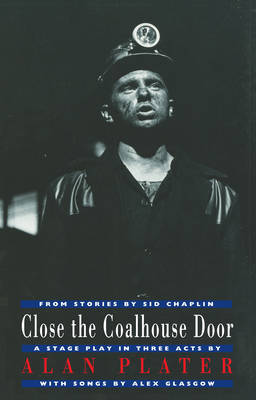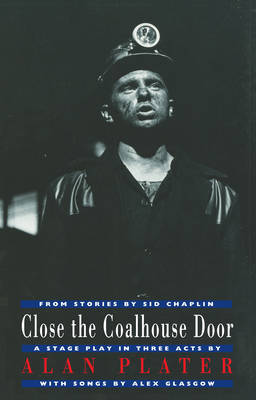
- Retrait gratuit dans votre magasin Club
- 7.000.000 titres dans notre catalogue
- Payer en toute sécurité
- Toujours un magasin près de chez vous
- Retrait gratuit dans votre magasin Club
- 7.000.0000 titres dans notre catalogue
- Payer en toute sécurité
- Toujours un magasin près de chez vous
24,95 €
+ 49 points
Description
Close the Coalhouse Door is a living pageant of the North-East's mining communities, and also a key work in the development of British political drama. Triumphantly revived by Live Theatre, this gritty musical is regularly staged by all kinds of theatre companies, from professional to school and amateur. The original version was published by Samuel French. This new edition, using the updated script, was published in response to demand from the numerous theatre groups which want to perform it. Alan Plater wrote: 'Some plays refuse to lie down. Others surrender on the first night and disappear into a mysterious other country - the land of lost plays. Nobody can explain this phenomenon. Shakespeare himself had no idea how many people would turn up on the night. Close the Coalhouse Door was written, with the wise and loving inspiration of Sid Chaplin and adorned by the songs of Alex Glasgow, in 1968. It has been revived at regular intervals ever since. Initially we updated it, to accommodate Edward Heath and the miners' strikes; but eventually time took its revenges. In 1968 we had a cast of ten plus walk-ons, five musicians and a full brass band on special occasions. The new version is written for a cast of eight, who made their own music, again with a brass band on special occasions. Theatrical resources have shrunk, though not as drastically as the coal industry. The soul of the piece is unchanging. We originally described it as "a hymn of unqualified praise to the miners - who created a revolutionary weapon without having a revolutionary intent". If, today, the hymn is more in the nature of an elegy, it is a strain that haunts the dreams of everyone with roots in the North-East.'
Spécifications
Parties prenantes
- Auteur(s) :
- Editeur:
Contenu
- Nombre de pages :
- 110
- Langue:
- Anglais
- Collection :
Caractéristiques
- EAN:
- 9781852244897
- Date de parution :
- 27-06-00
- Format:
- Livre broché
- Format numérique:
- Trade paperback (VS)
- Dimensions :
- 137 mm x 213 mm
- Poids :
- 158 g

Les avis
Nous publions uniquement les avis qui respectent les conditions requises. Consultez nos conditions pour les avis.






